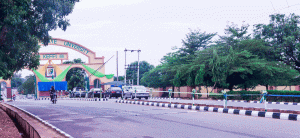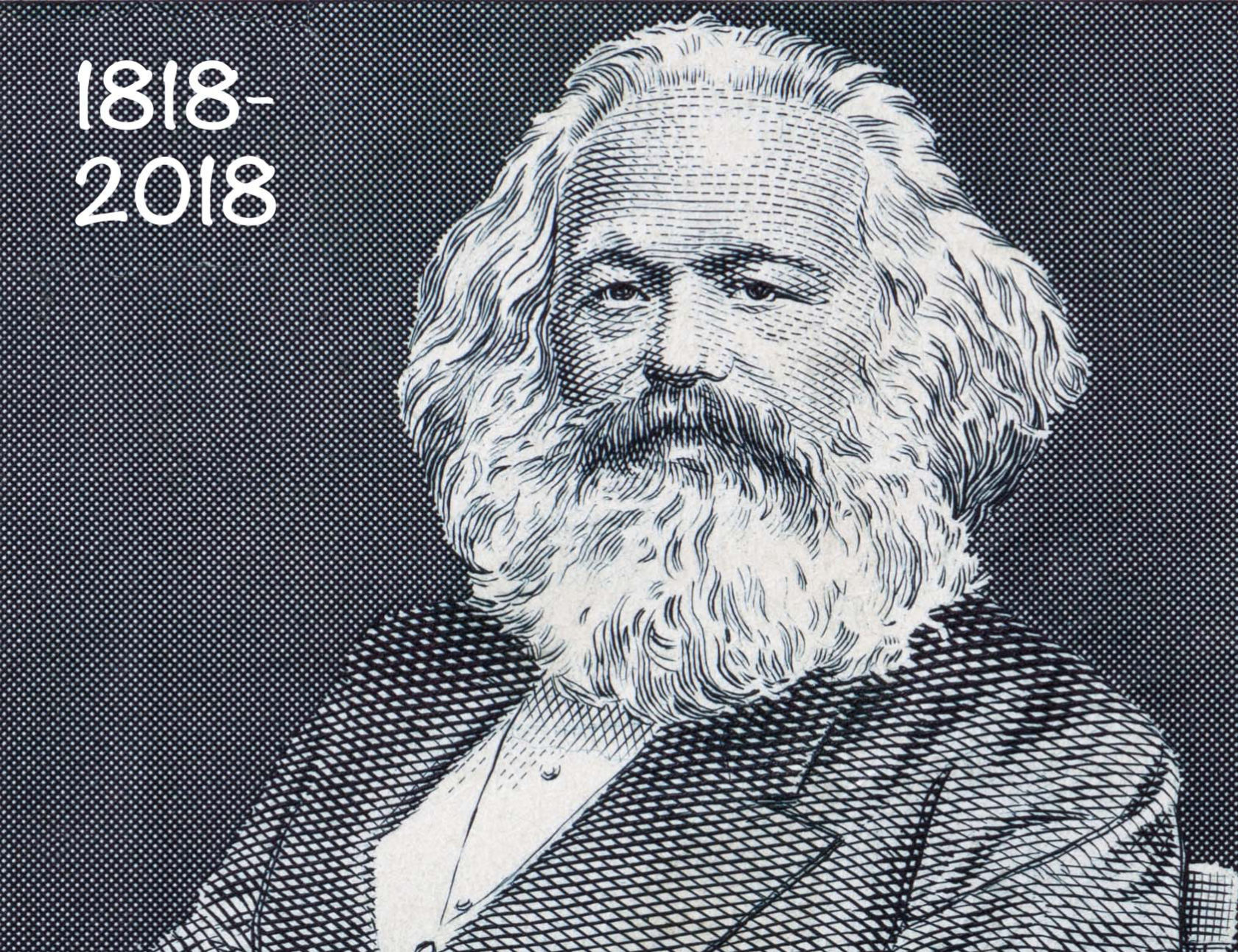It is now exactly seven days to the opening of a potentially productive conference on Marxism at Nasarawa State University, Keffi, (NSUK), in central Nigeria. It will last from November 1st to 4th, 2018. The last time such a conference was held in Nigeria was the March 14th – 18th, 1983 jaw-jawing at the Ahmadu Bello University, Zaria. While the theme of the 1983 conference was “Marx and Africa: A Hundred Years After”, the theme of the impending one is “Capitalism, Imperialism and Revolutions in the 21st Century”. The conference has been put together by the Nigerian Committee for the Advancement of Working Class Solidarity in collaboration with several other bodies. The Nigeria Labour Congress, (NLC), international NGOs and diplomatic missions would deliver solidarity messages at the opening of the conference.
 Students, scholars, workers, civil society activists and interested persons are expected to join the reflective session lasting three days across several sessions and Roundtables. The conference is coming in the aftermath of severe unfavourable turn for Marxism globally and locally in Nigeria. Marxism has been a subject of persistent bashing as a godless, troublesome or impracticable ideology, both by those who do so ignorantly and those who do so out of mischief. In apparent awareness of this context, the organizers have lined up a number of key issues to which the paper presenters would be critically speaking.
Students, scholars, workers, civil society activists and interested persons are expected to join the reflective session lasting three days across several sessions and Roundtables. The conference is coming in the aftermath of severe unfavourable turn for Marxism globally and locally in Nigeria. Marxism has been a subject of persistent bashing as a godless, troublesome or impracticable ideology, both by those who do so ignorantly and those who do so out of mischief. In apparent awareness of this context, the organizers have lined up a number of key issues to which the paper presenters would be critically speaking.

Entrance to host university,
Marxist scholarship has suffered a dip as the fortunes of the universities in Nigeria also fell to the vagaries of Structural Adjustment Programme, (SAP) and the current phase of neoliberalisation of the Nigerian economy by fire by force. Although private universities now constitute a constellation in the university system in contemporary Nigeria, the virtual collapse of the public universities from which they draw on models and practices means that the constellation is yet to make any noticeable difference in terms of raising the bar in critical scholarship where Marxism would have come in even for qualitative academic purposes. The tragedy is that many parents do not know that their children need the analytical and methodological skills peculiar to Marxism to navigate their ways and survive in life.
Some people have been arguing that it is the collapse and disappearance of the loose Marxist elements and their platforms from the public sphere in the early 1990s that has left the space for those articulating maximalist ethnic and religious positions which is virtually collapsing the Nigerian polity today. The question now is whether this conference will provide the atmosphere for a revival as for the Marxists and other progressives to push out localists, chauvinists and reactionaries from setting the agenda of politics in the country.




























